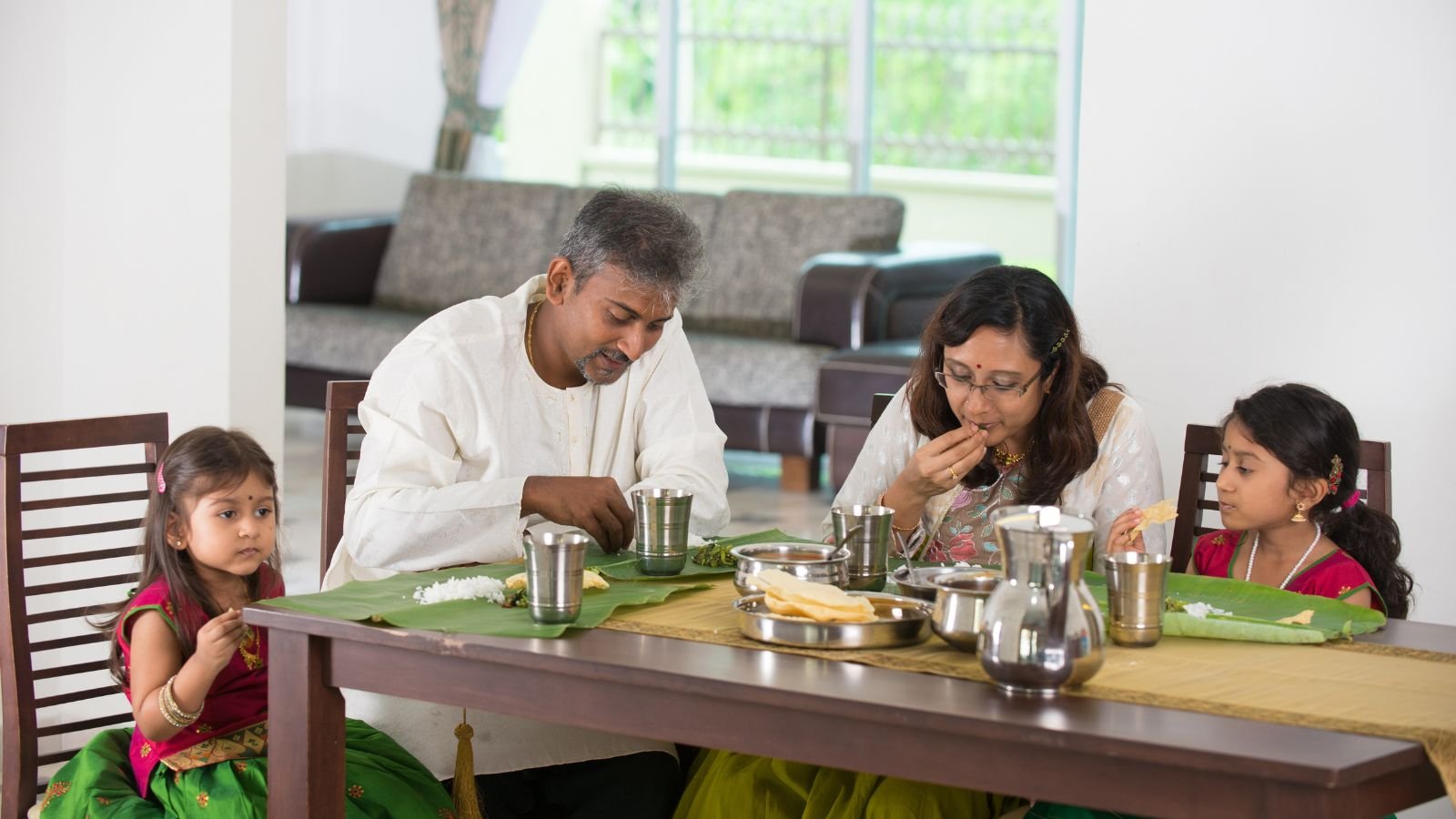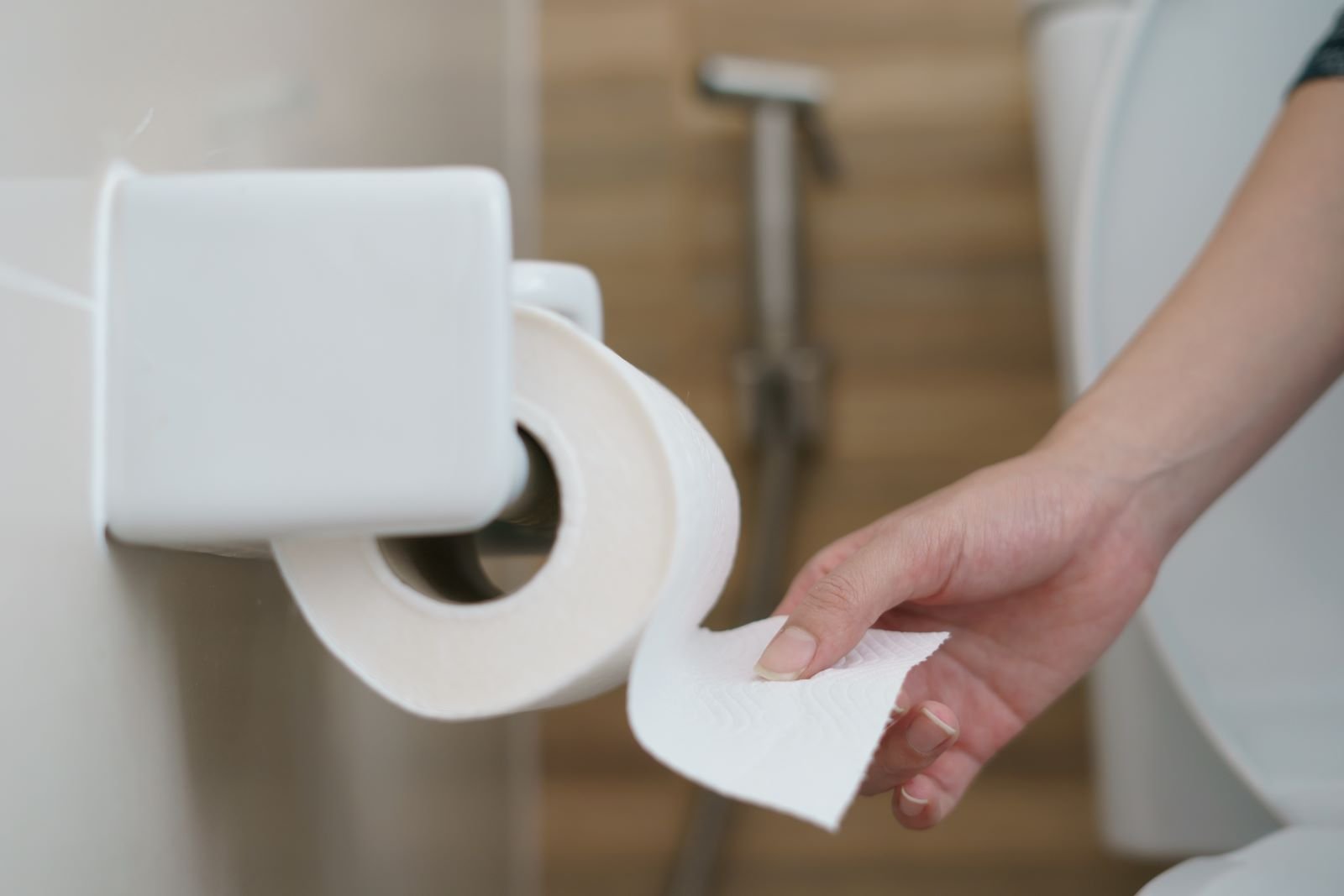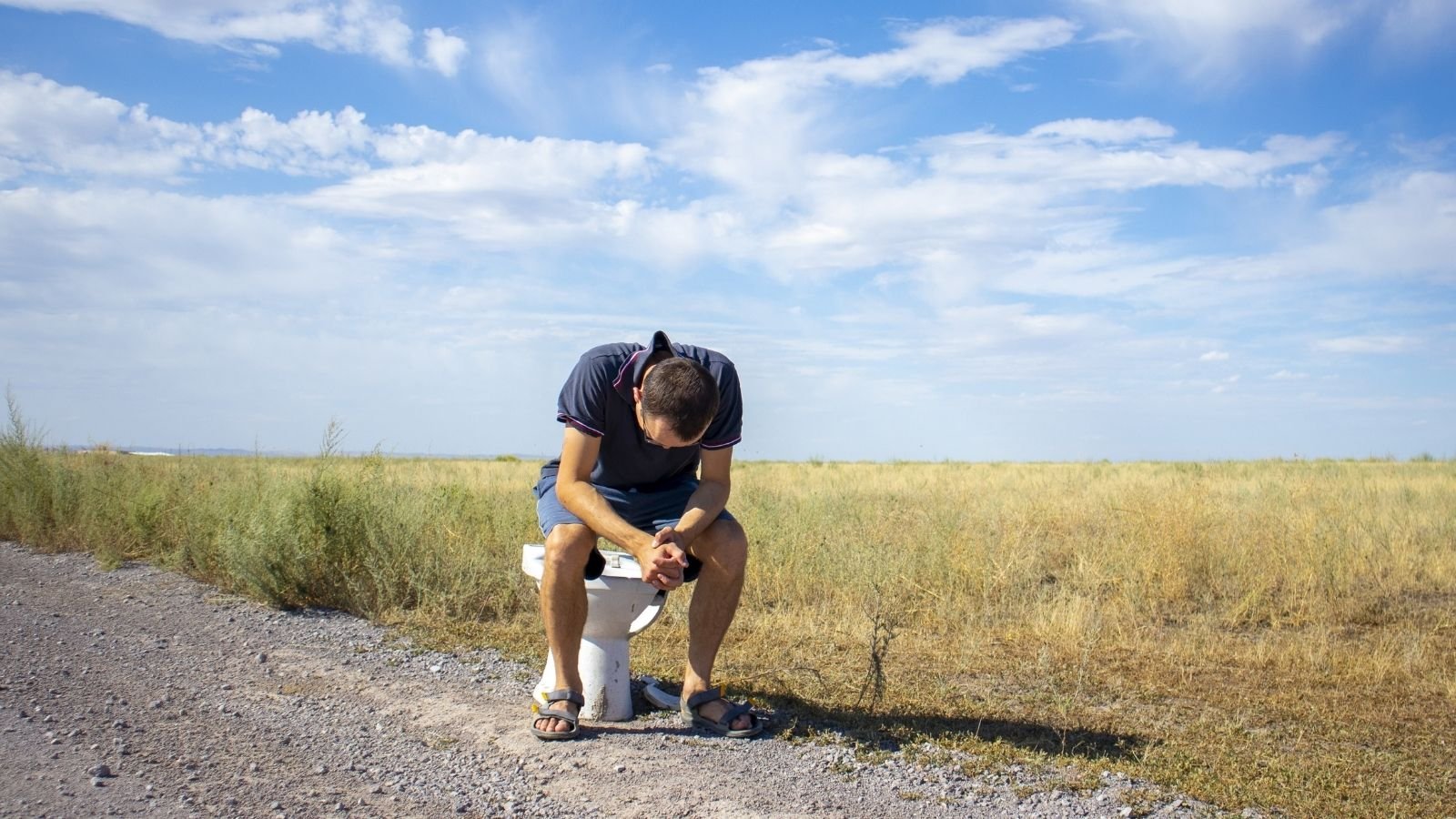Hygiene practices differ from culture to culture and country to country. A habit that is considered normal and acceptable in one country can be frowned upon or looked down upon as unsanitary. Americans who are used to different personal and public hygiene standards may find a few practices around the world particularly unsettling. In a 2018 Ipsos poll, 92% of Americans said that maintaining good hygiene was a top priority.
Read on to learn 14 hygiene habits around the world that Americans find unsanitary.
Eating Food With Hands

Eating with hands is a common tradition in many countries. For instance, in India, it’s common to see people enjoying rice dishes, curries, and naans or rotis with their hands, as Indians believe eating with their hands is a way to connect with the food. However, the lack of utensils might seem unsanitary for Americans who have grown up eating with a fork and spoon.
Serving Food Without Gloves At Roadside Stalls

Eating street food is a part of culinary tradition in many countries, but the sight of vendors handling food without gloves can quickly put off many Americans. The USFDA requires food handlers to use gloves or utensils when serving ready-to-eat food. However, in countries like Thailand, Mexico, and India, it’s common to see street food vendors preparing and serving food with their bare hands.
Sharing Food From Communal Plates

Sharing food from a large, central dish signifies togetherness in countries including Ethiopia, China, and South Korea. For many Americans who emphasize individual portions and maintain personal space at the table, the idea of many people dipping their hands or utensils into the same dish can be unsettling. As per a survey by OnePoll on behalf of Fogo de Chão, two out of three 2000 American adults said they don’t like to share.
Lack of Toilet Paper In Some Bathrooms

In several Asian countries, using water to cleanse after using the toilet is standard practice. In India and parts of the Middle East and Europe, bidets or hand-held jet sprays are commonly used, and public restrooms may not even stock toilet paper, a practice that can be pretty unnerving for Americans. An American adult uses an average of 57 toilet paper sheets daily, totaling the country’s annual usage of 36 billion rolls.
Barefoot Walking In Public Places

In Thailand, India, and parts of Africa, many people walk barefoot in public spaces, including markets, parks, temple complexes, and public transportation. While this is often done for comfort or cultural reasons, many Americans view barefoot walking in public as unsanitary.
Public Spitting

In India, many people openly spit in public. It is often done to spit the saliva or clear the throat of phlegm. This habit can be particularly disgusting for Americans, who generally consider public spitting to be highly unsanitary and socially unacceptable. Spitting in public can have many negative consequences, including spreading airborne diseases like SARS-CoV-2, tuberculosis, hepatitis A, and the common cold, harming pets, and rendering public spaces undesirable.
Open-Air Meat Markets

In Asia and Africa, fresh meats are often sold in open-air markets. These markets often display meat without refrigeration, and vendors may butcher the meat on-site. Thus, meat can be exposed to dust, flies, and other contaminants. These markets can seem unsanitary for Americans, who are accustomed to buying pre-packaged and refrigerated meat.
Bathing In Public Places

In rural parts of the Indian subcontinent, you may encounter people bathing in tube wells, rivers, or ponds. This is because not every Indian household has access to fresh water. Americans who value private and clean bathrooms may find people bathing in public places unnerving.
Brushing With Salt And Charcoal

In rural parts of India, many people brush their teeth with coarse salt, charcoal, neem, and babool twigs. According to Ayurveda, brushing with natural elements helps remineralize and fortify the strength of enamel. However, for Americans who place a lot of importance on brushing their teeth with toothpaste, this hygiene habit of some Indians might seem strange and unsanitary. According to US Census data and the Simmons National Consumer Survey, 307.17 Americans used toothpaste in 2020, a figure that is projected to increase to 316.03 million in 2024.
Double-Dipping At Social Gatherings

Dipping a chip or other food item into a communal salsa after a bite is accepted in some cultures, especially in informal meetings or family or friend reunions. However, Americans may find this practice unhygienic because it can transfer germs from one person’s mouth to the shared dish. While you may not fall sick from these germs, it’s still unsettling, as germs from someone’s saliva might transfer to your mouth.
Wetting Fingers with Saliva While Counting Currency Notes

In many parts of the world, people wet their fingers with saliva while counting cash or handling paper. This habit helps separate bills quickly and efficiently. It is a handy habit, especially in markets or small businesses where cash is frequently handled but a note-counting machine is unavailable. However, many Americans frown upon this practice. It is disgusting to handle bills touched with someone’s saliva, and it can spread germs.
Reusing Drinking Glasses Without Washing

It’s common for families to reuse the same drinking glass throughout the day without washing it between uses. Due to a shortage of water and cleaning supplies, this practice is often seen as practical and economical. However, Americans who are used to sticking used crockery and cutlery into the dishwasher after each use may find reusing a glass without cleaning it unappealing.
Open Defecation In Rural Areas

In rural parts of India, it is common for people to defecate in the fields or woods due to a lack of proper sanitation facilities. For Americans, who are used to clean restrooms equipped with modern sanitation facilities, the idea of open defecation is highly unsanitary. As per a joint survey conducted on 1000 American adults by Big Red Rooster and ENGINE Insights, 98% believed restroom cleanliness is essential.
Lack Of Personal Space In Crowded Areas

In Japan, India, or other densely populated countries, people often stand or sit near strangers in crowded public transportation, markets, and streets. This lack of distance can cause discomfort to Americans who value personal space and see it as a part of personal hygiene.
